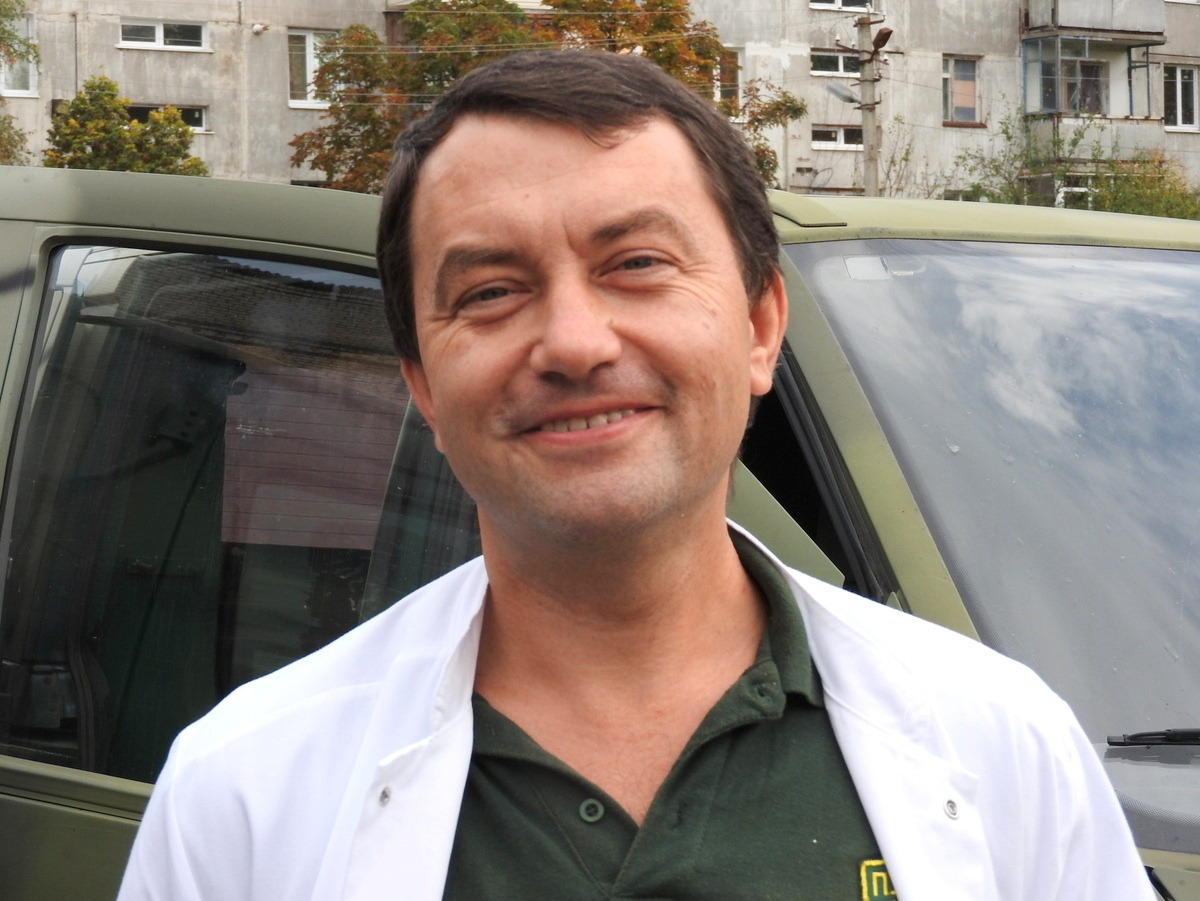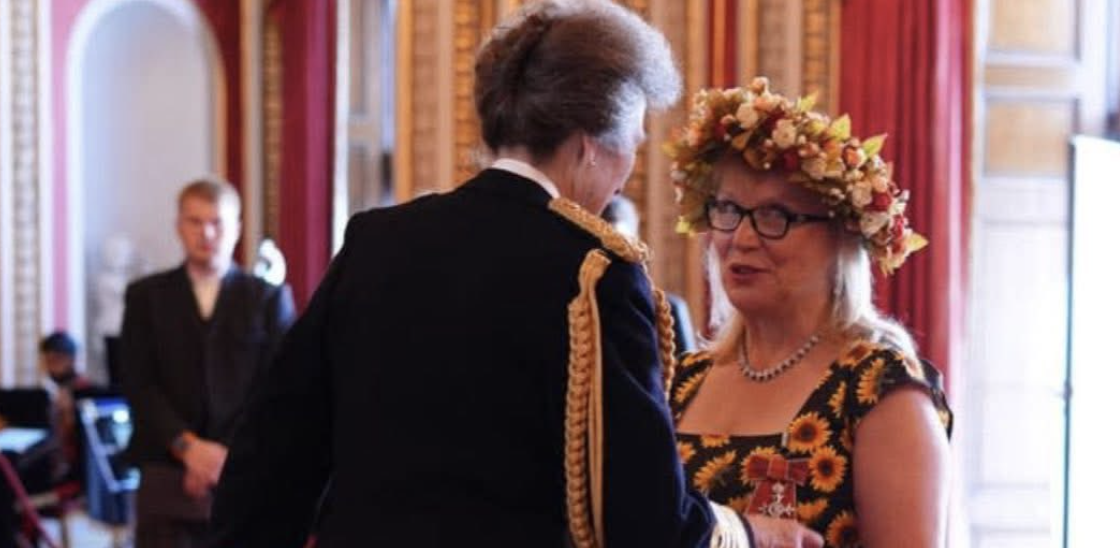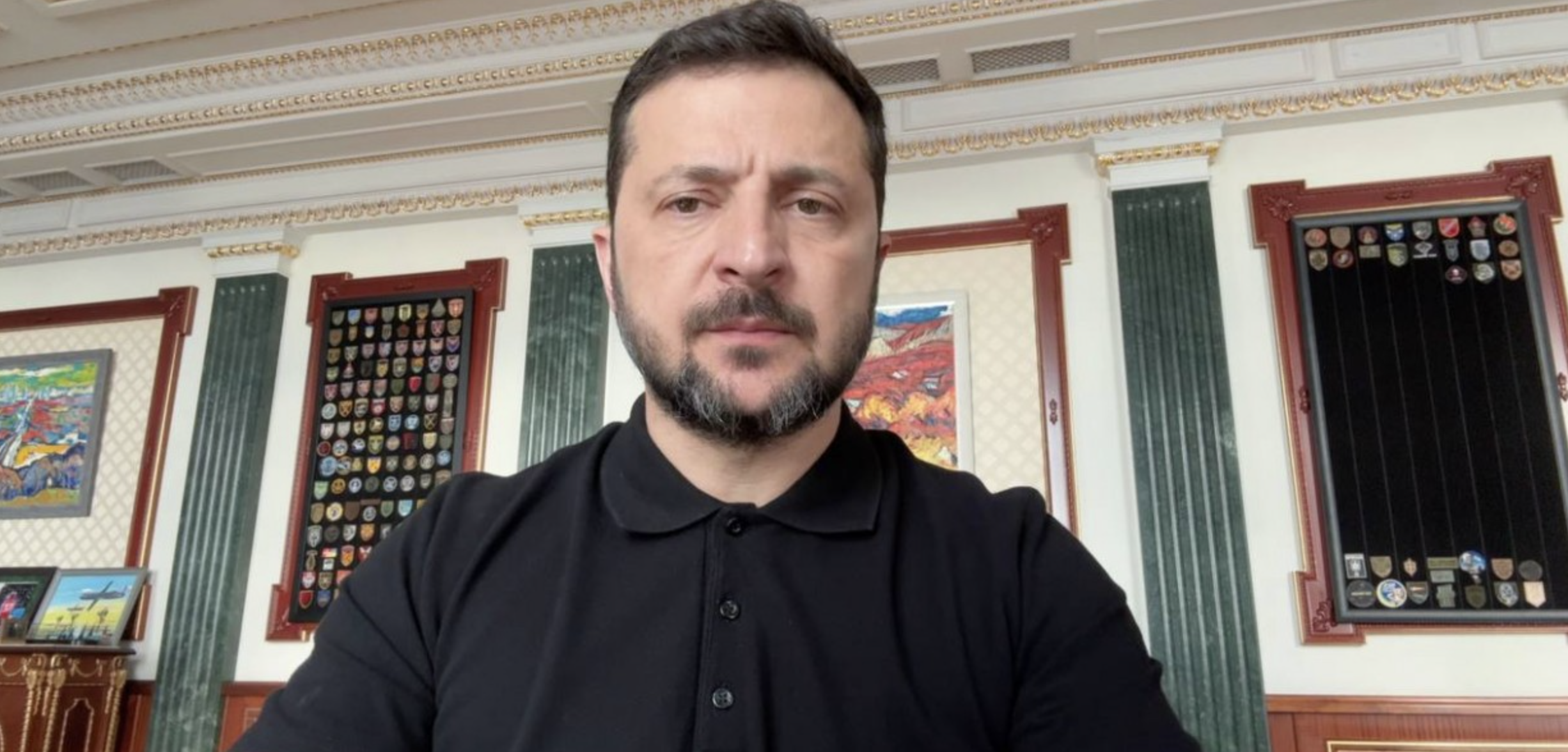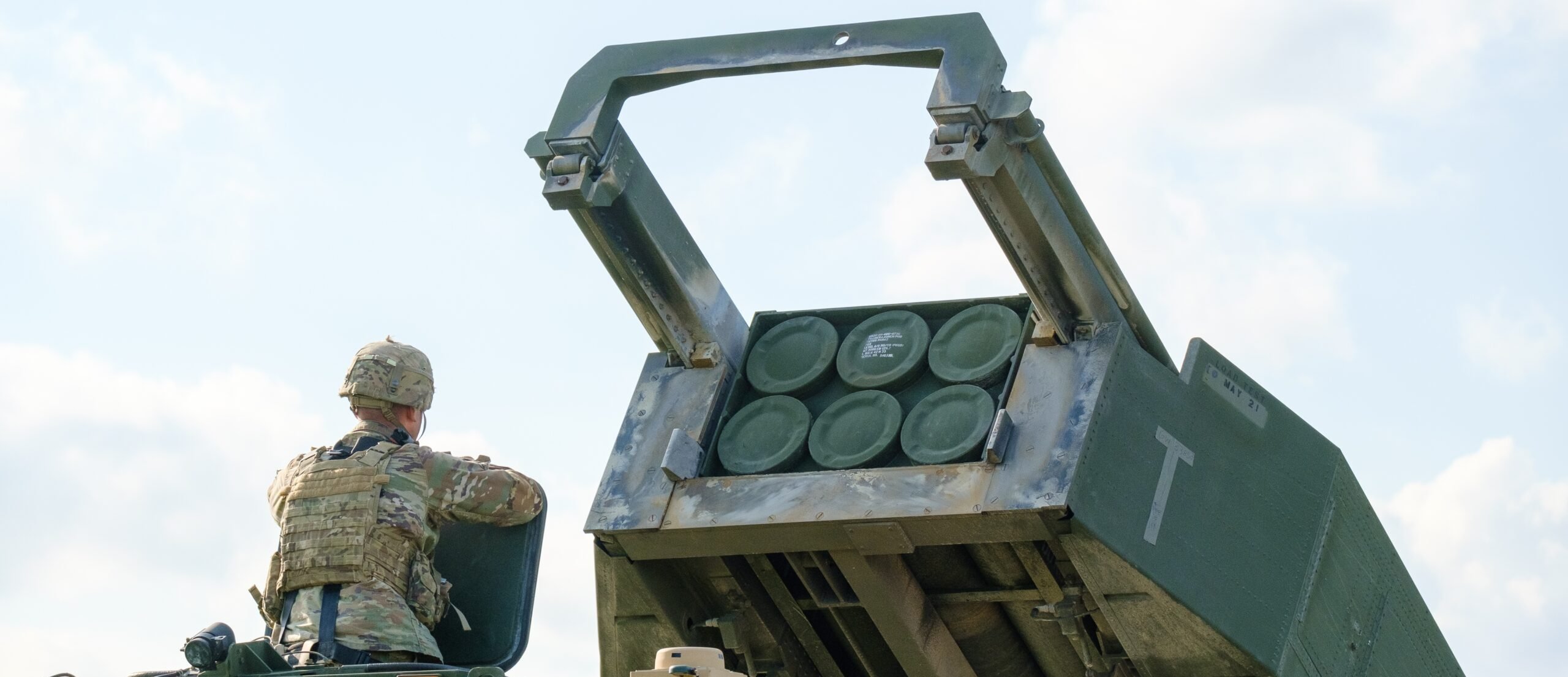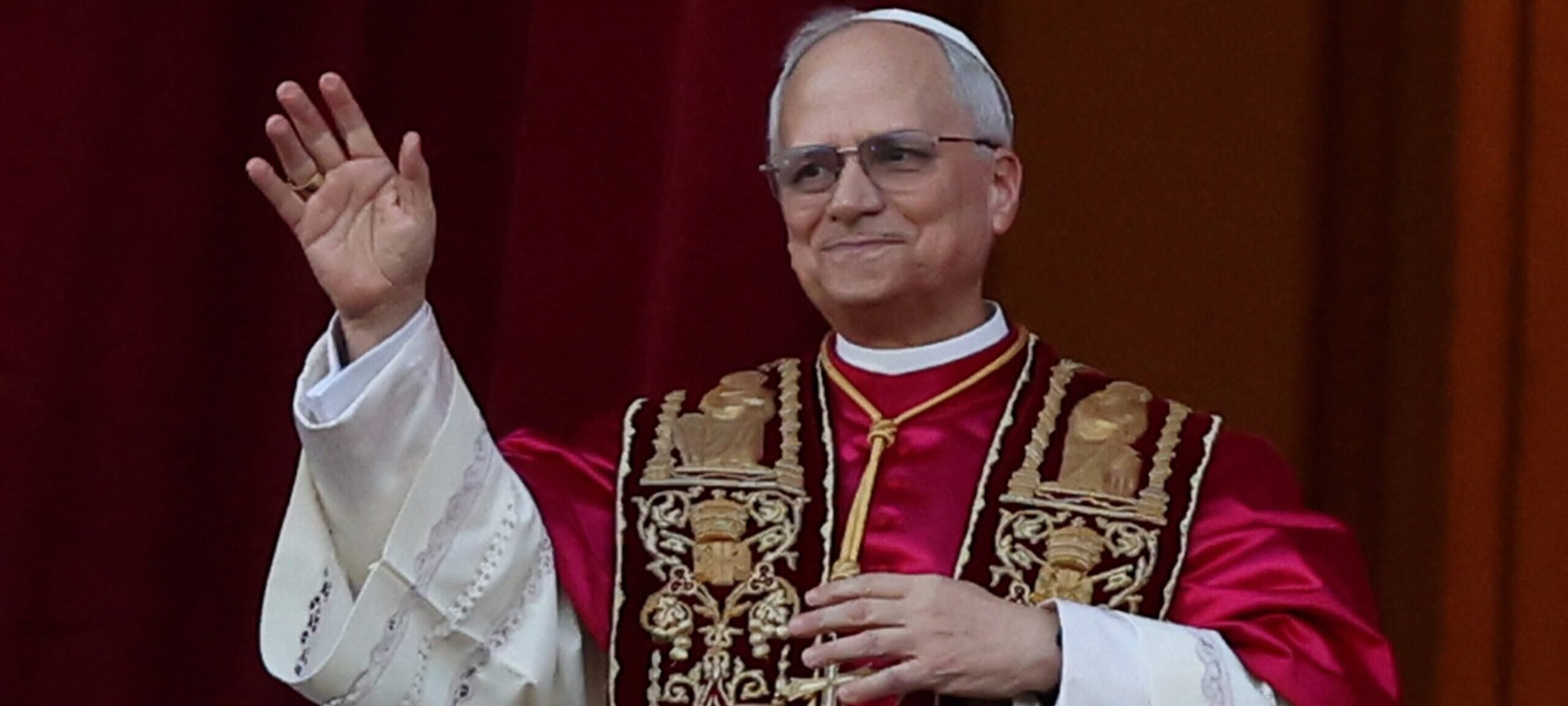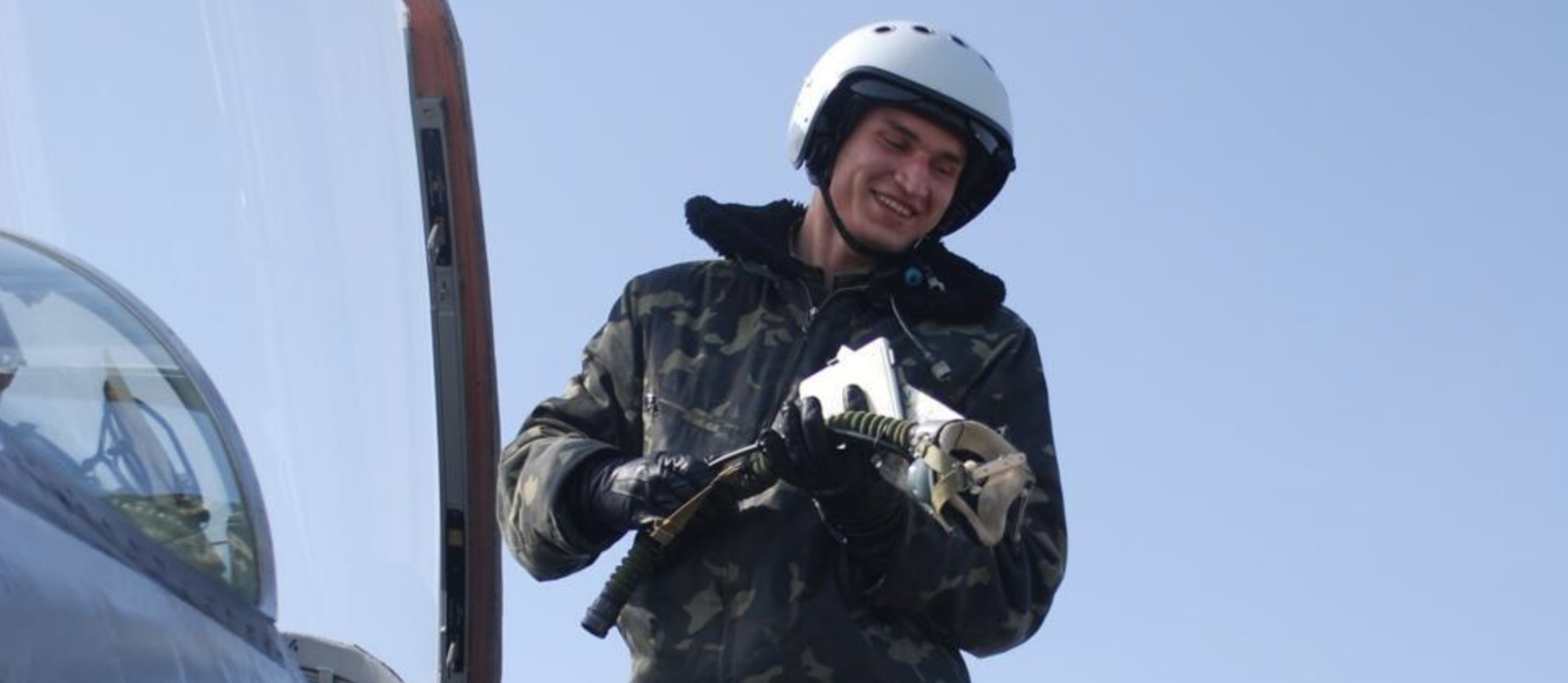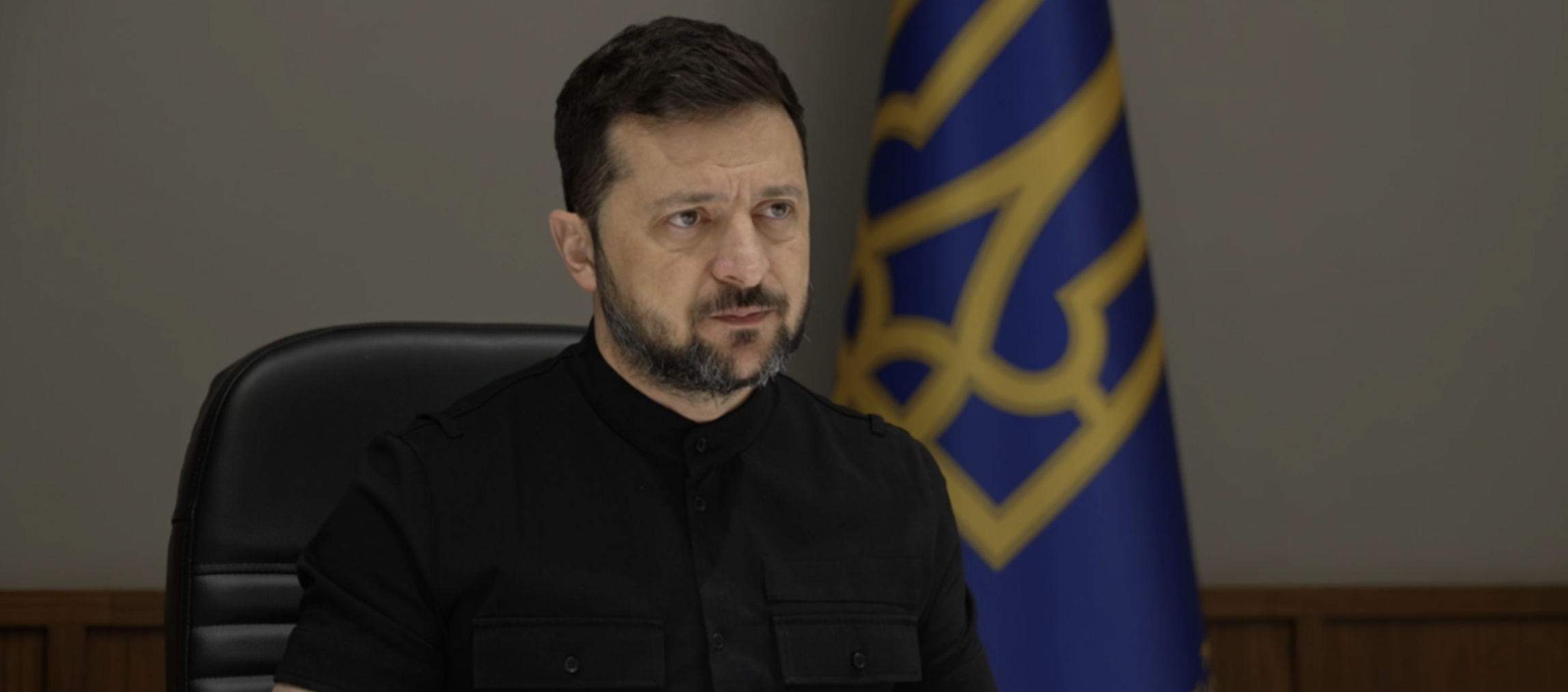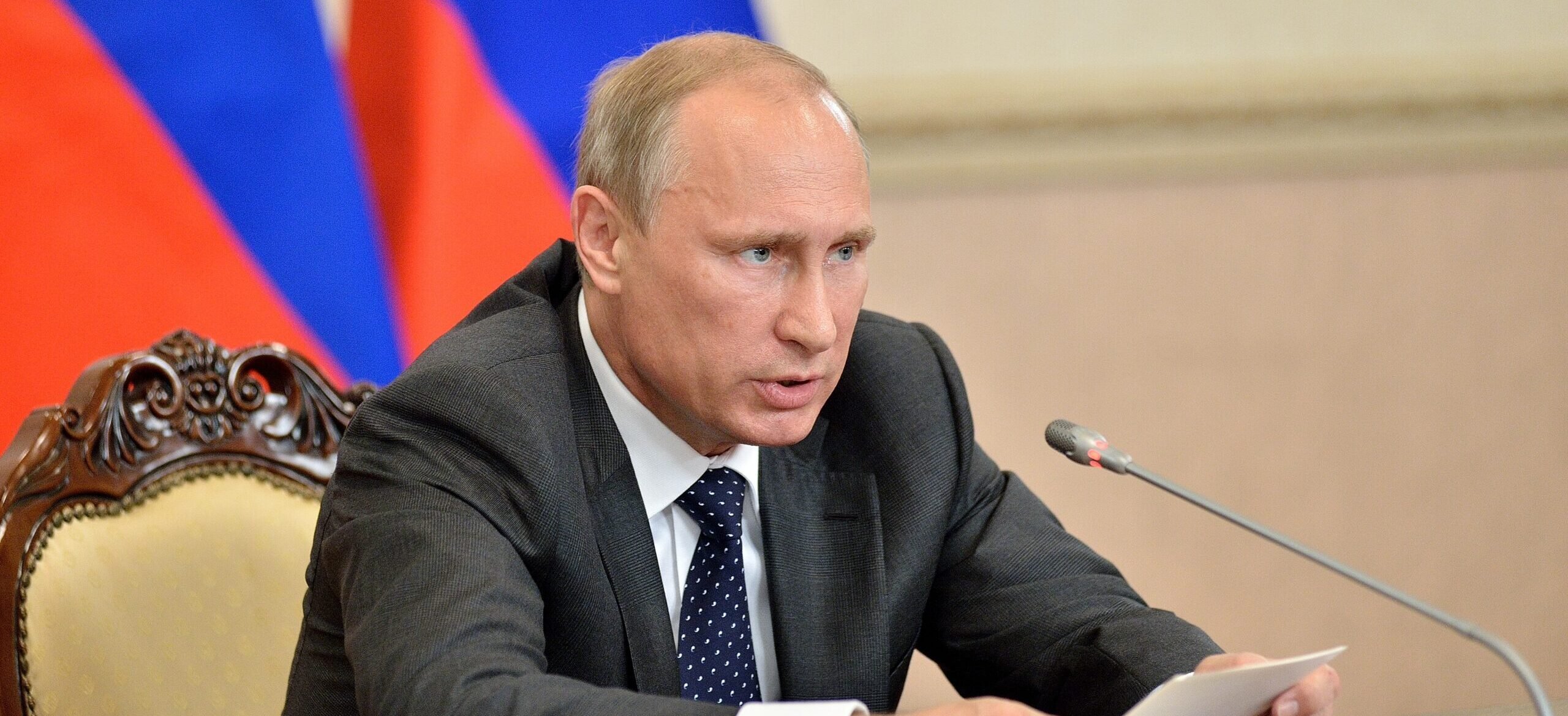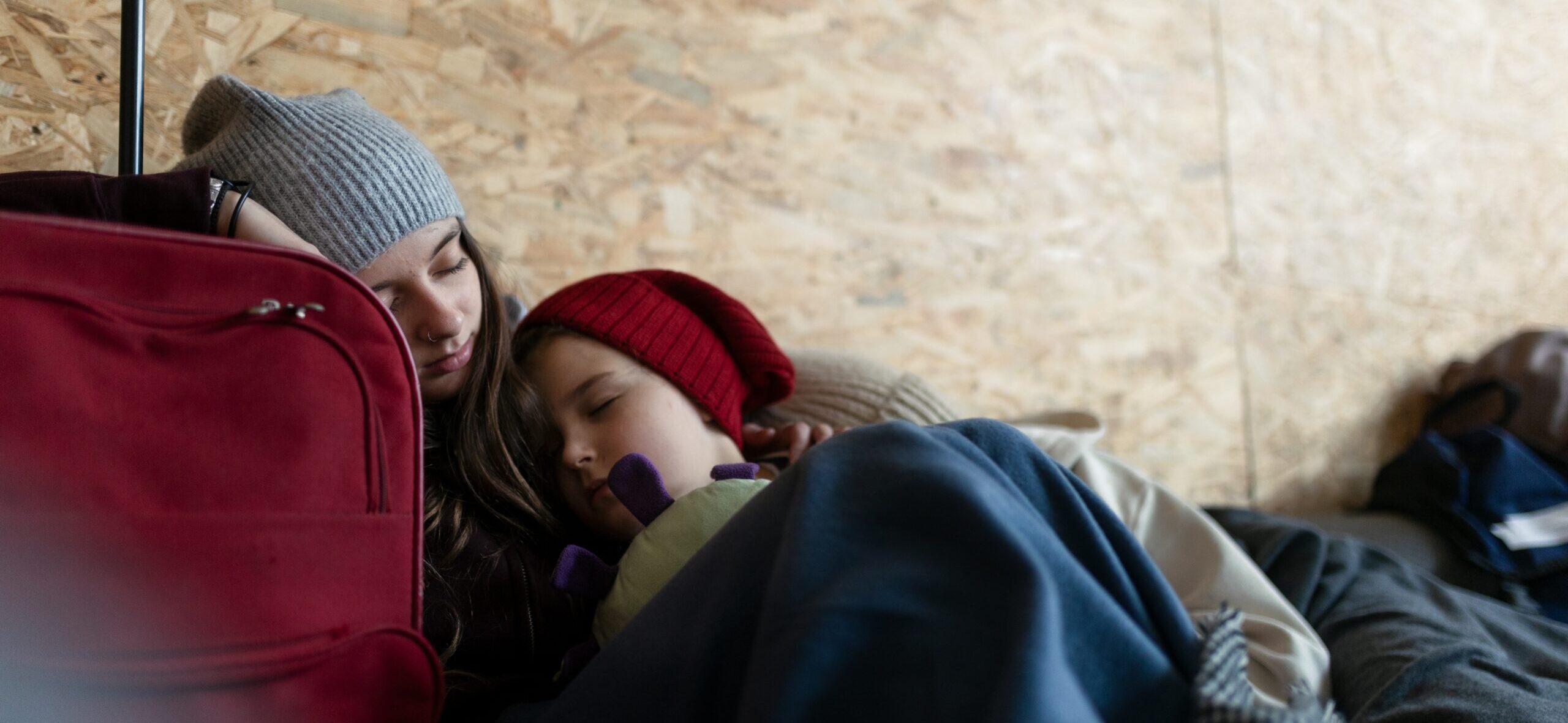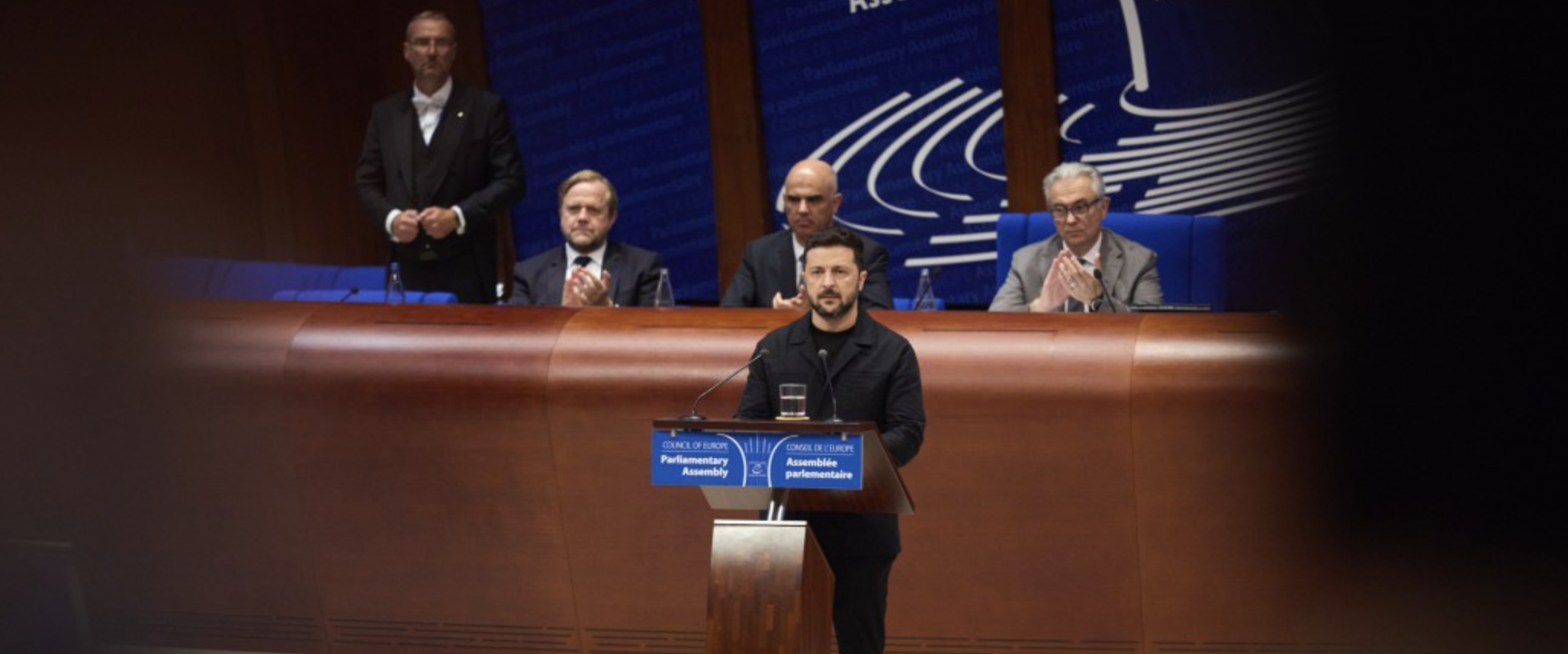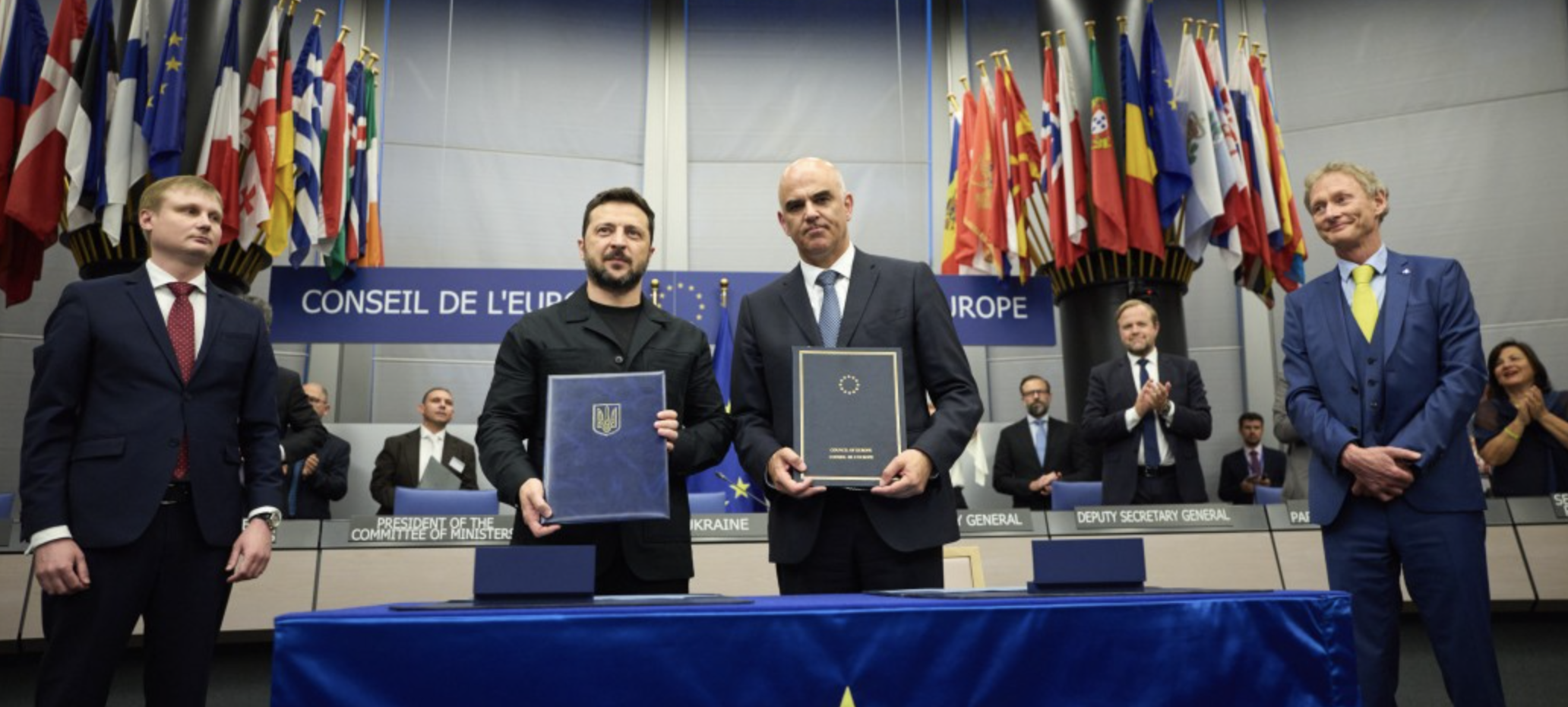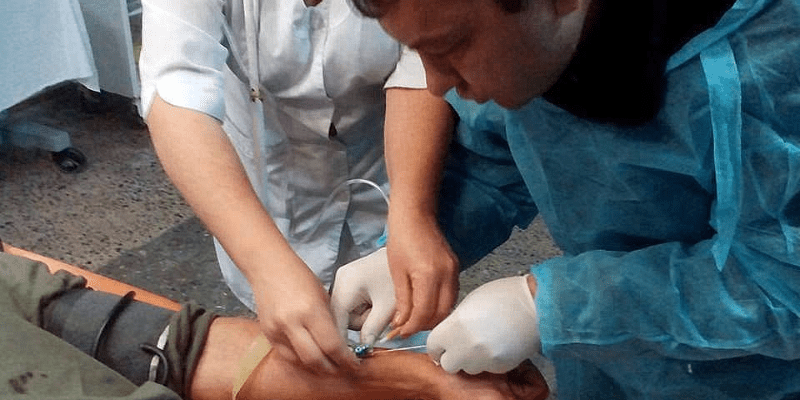
The war’s Grim Reaper caught him up far away from the front, in Kyiv, where he had come for a break after a month in hell before going on his next monthly mission. His heart stopped beating, overfilled with the human pain and sufferings the 47-year-old anesthesiologist and resuscitation doctor had seen, touched, and tried to mitigate. He had seen for too long and too much of what no ordinary human being should see at all. Viktor Belilovets, a man with a surprisingly sincere smile and subtle irony in his eyes, always calm and balanced, who dreamt of Antarctica, not a war.
He once said that despite the pain and blood, death and tears, war has one big advantage – you make a lot of comrades, and the war shows who is your true friend and who is a rat. And he’d made a lot of friends, indeed, and helped whoever needed his help. When the Covid pandemic hit, he started working two shifts and additionally monitored and guided the course of treatment of his diseased friends.
The war for Viktor began in January 2014 on Maidan, where he along with his older daughter cared for wounded protesters. In March, he tried to be mobilized but was turned down. So in August, he went to Debaltseve to join the 11th territorial defense battalion “Kyiv Rus.” He spent there a few days as a volunteer and even managed to treat his first five wounded warriors of this war but finally was turned down again for a merely military-bureaucratic reason: as a doctor who completed his military training, he was a commissioned officer, whereas the battalion did not have vacant CO positions.
In the fall of 2014, Viktor learned about Pirogov First Volunteer Mobile Hospital, an NGO engaging civilian healthcare professionals to provide medical care in Ukraine’s combat zones, and in December, he went eastward for PFVMH’s first mission. Before the Russian full-scale invasion, he made a total of 10 more such trips to the east, each lasting a month: Severodonetsk, Lysychansk, Popasna, Bakhmut, Stanytsya Luhabska, Chasiv Yar, Hranitne, Bohdanivka, Starohnativka – you name it. He worked at local hospitals and in evacuation teams, acting as an anesthesiologist, a resuscitation specialist, an assistant surgeon, a cardiologist, a general practitioner, a paramedic, and even an ambulance driver. During the missions, he had treated hundreds of patients, both servicemen and civilians.
The mission in May was his 12th and last.
Despite the war, Viktor had an absolutely peaceful dream – to see Antarctica with his own eyes. He applied for a place in the 2018/2019 expedition to Ukraine’s Academic Vernadsky station and was even shortlisted for the contest but finally was only the runner-up.
Jennifer Mullee, an emergency nurse from California who was on the same PVFMH mission in May, said Ukrainian doctors are “exceptional with minimum resources… You can see the hands of God coming into their hands.” Certainly, Viktor Belilovets was one of those who inspired these words.
This Sunday, when Ukraine will mark its Medical Worker Day, do not forget to warmly congratulate those whose occupation is to save the health and lives of other people, especially when they do it by risking their own lives and sometimes paying the ultimate price.
